We’ve made it to another Friday. Your reward is a mailbag question answered. Today, it’s about BMW reliability and what being financially responsible is (it’s not what you think).
If you’d like to participate, drop me a question at mike@machineswithsouls.com. And don’t worry, you’ll remain anonymous.
Question
Hi Mike. I really enjoy the mailbag responses, so I’m wondering if you could answer mine. I’m 20, and looking to make my first real car purchase. I’d love a used F30 335, or something like that. Do I need to get a CPO? Everyone thinks I’m crazy and that the car will explode in 2 months. Is BMW reliability really that bad?
Am I crazy?
– Michelle
Answer
Michelle, you are not crazy. Foolish? Perhaps. But you can just get in line with what I assume is everyone else who reads this publication, me included.
If we all drove around in basic transportation, we’d all be a lot richer, yet much more miserable. To put you somewhat at ease, I’ll dispel a few rumors about BMW reliability.
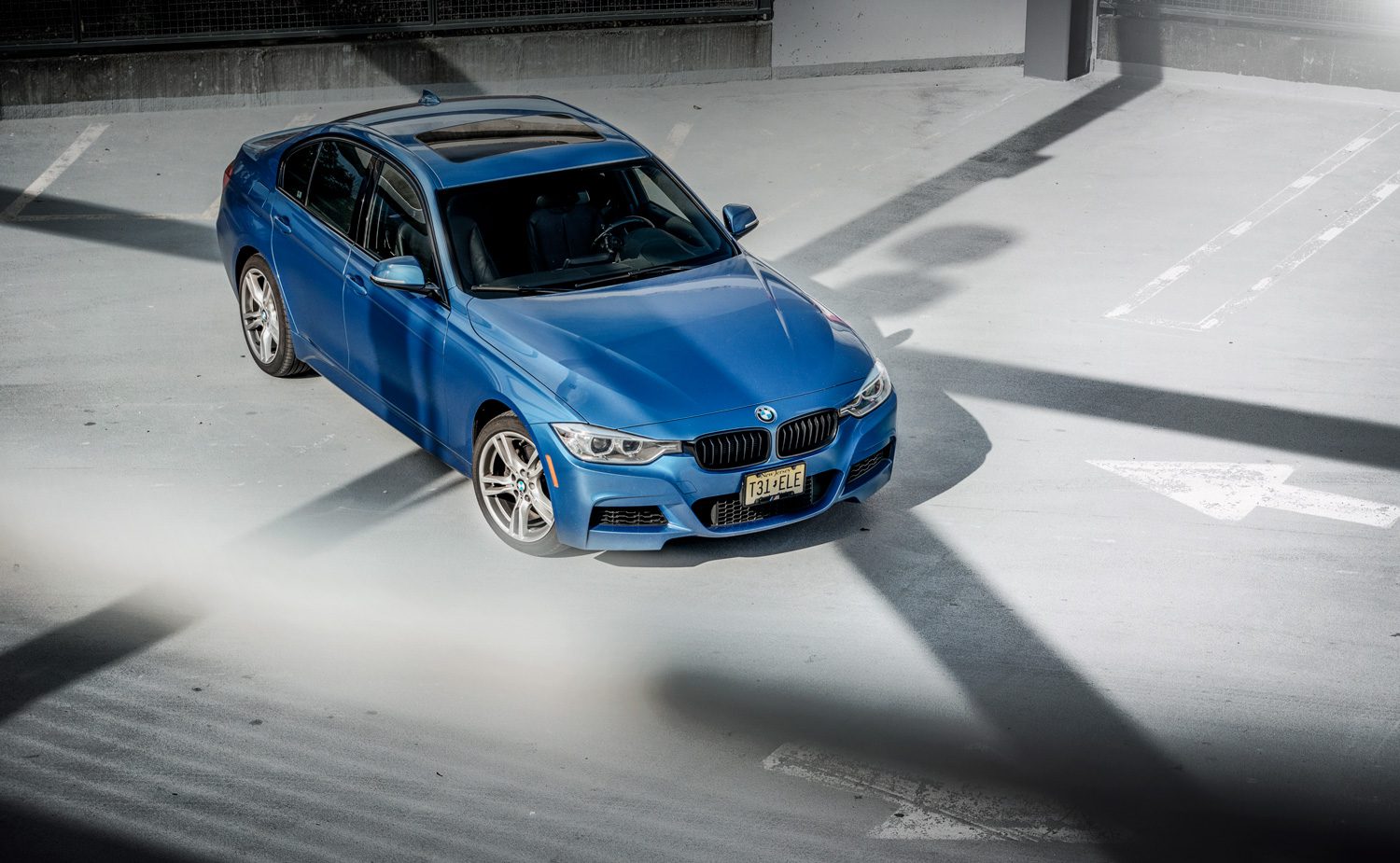

BMW reliability in the after times.
This bad boy reputation comes from two places: the cost of replacement parts, and the range of things that typically break on these cars. I’ll start with the latter.
In general, BMWs are very well made. Put one up on a lift and take a look at how cleanly everything is designed underneath, or under the hood.
So what typically breaks on such well-built cars? Things like the timing chain (N20 328), or oil leaks galore on the N55-powered 335. Sometimes it’s larger issues, like the battery constantly being replacing in anything with an N63 V-8, or the bearings on an S65 in the E9X M3. The list can get long.
Often, BMW will look into the problem and if possible, design a replacement, as they did with the N20 from 2015 on.
But I’m going to tell you a secret. The original owners play a big part.
Stop “saving” them
BMW designs these cars for the Autobahn first, and then everywhere else. As such, they are built to run at speed, not so much sit for days. When you pick up a CPO 3 Series with 12,000 miles in three years, you’re asking for trouble. How do I know? Let’s run through my list:
- 2011 E92 M3 – 0 issues
- 2014 328i xDrive – 0 issues
- (CPO) 2015 528i xDrive – 2 issues
- (CPO) 2015 335i xDrive – many, many issues
- 2020 X3 xDrive 30i – 0 issues
- 2022 M3 – 0 issues to date
- 2022 X3 M40i – 0 issues to date
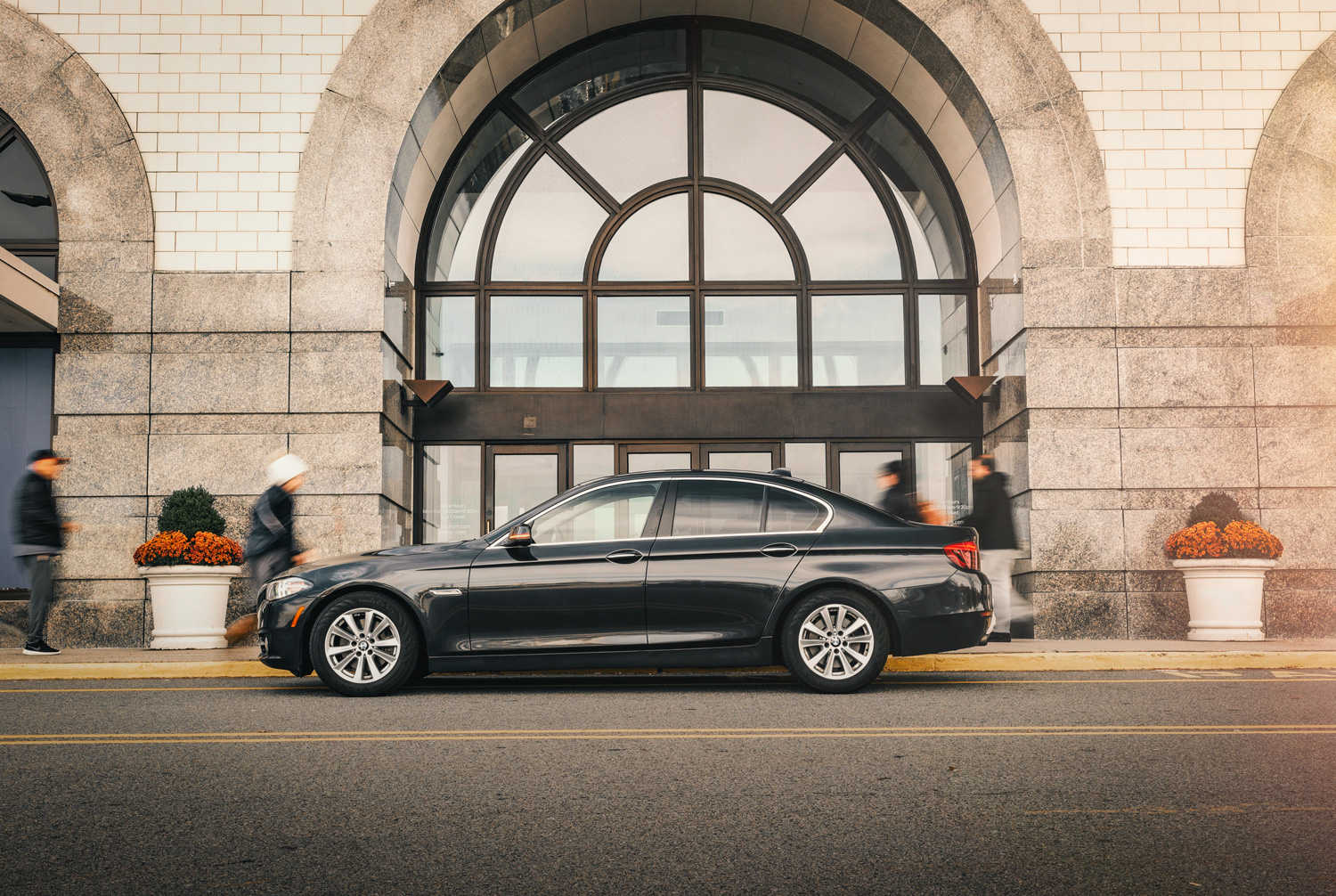

Add all that up, and you’d get almost 400,000 total miles driven in BMWs.
That’s a pretty big sample size. Notice a pattern? Both 2015 cars were bought CPO (certified pre-owned) with less than 15,000 miles on them. They were never driven before coming to me.
On the other hand, the X3s, G80 and 328 have accumulated normal mileage over the course of their life. In the 328’s case, it had 140,000 miles on it before I finally sold it for the worst car I’ve ever owned.
Stop “saving” these cars for the next owner and drive them.
Prevent Defense
Now, this doesn’t mean people don’t have problems even with normal use. But there are some things I believe make a difference.
- BMW recommends oil changes every 10,000 miles. You’ll want to do them every 5,000.
- Make sure to get some highway miles in. The alternator on BMWs disengages under acceleration to aid in gas mileage, so even if you’re driving around town for 20 minutes, you might not be charging the battery. Accumulate some highway miles and make sure the car can coast. Even a 5 miles run on cruise control will help.
- Turn off the terrible auto stop/start feature if you can (newer ones have taken the option away unless you’re in Sport mode). Stopping and starting the engine puts extra stress on a lot of components, for almost no benefit of mileage. Governments force auto makers to put this in.
- Use quality premium fuel only. And by quality, I mean Top Tier, which is a system put in place to help consumers choose where to buy gas. Costco offers Top Tier gas. The local Stop & Pump does not.
- Warm it up. Cold oil is thick oil, and it needs time to get to all the nooks and crannies of an engine for lubrication. When you jump out of the garage like you’re an extra in Dukes of Hazard on a 30-degree morning, you’re causing premature wear. Let it idle for a minute, and don’t push it until the oil temp is where it should be.
- Finally, it never hurts to change the spark plugs and filters at earlier intervals, especially if you’re prone to driving the car harder.
A little preventative maintenance can go a long way.
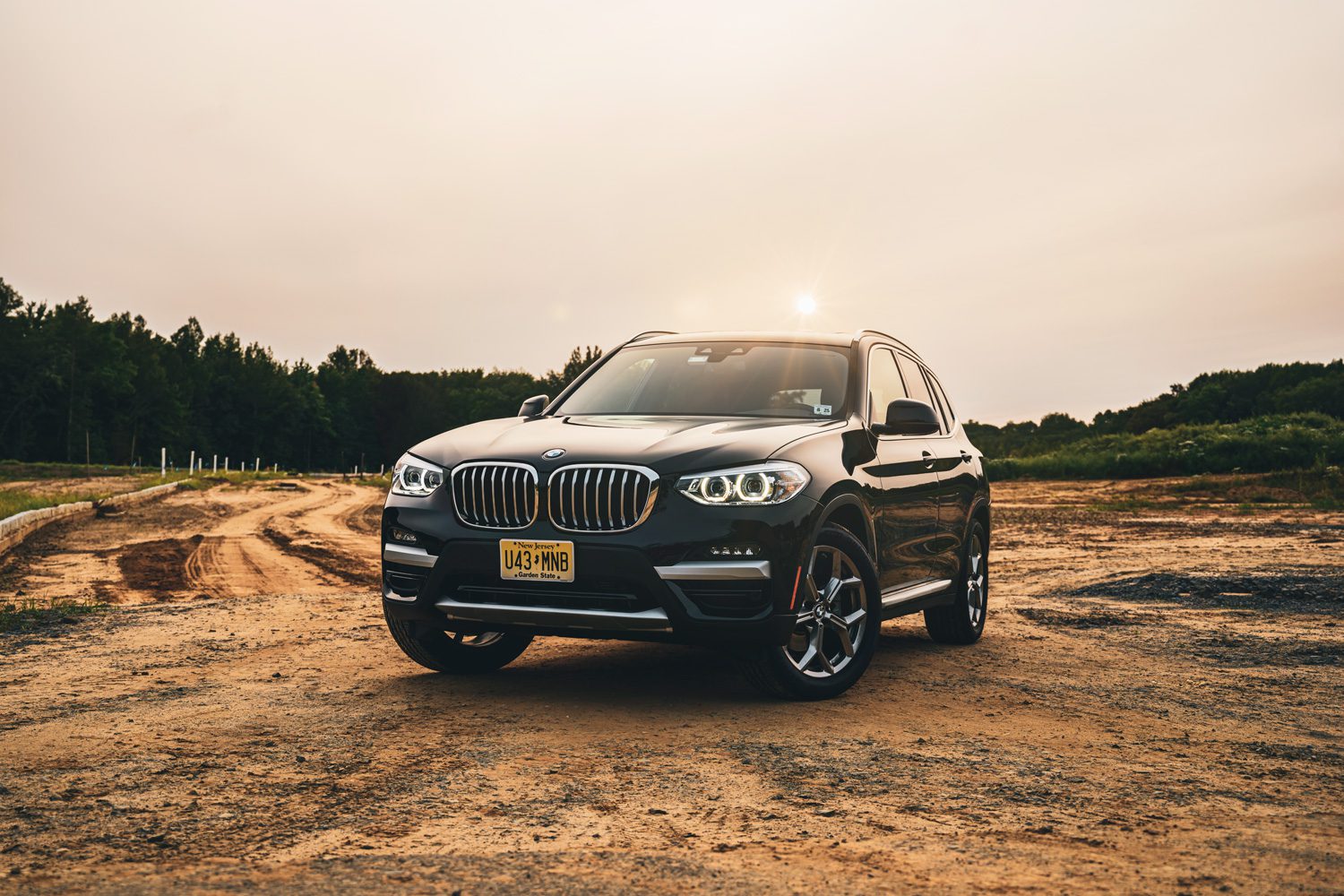

CP-OK
We’ve established that you don’t want a BMW that’s never driven (and you don’t want one with 100,000 miles on it), so the sweet spot seems to be cars coming off lease, say 30-40,000 miles.
When you do that, you open up the choice of CPO. It provides the carry over of the rest of the original 4-year, 50,000 mile warranty, and then adds another year and 12,000 miles to it. BMW also touts that they give the cars additional inspections and quality control, but my 335 seemed to have plenty wrong with it when I got it (new brakes needed, door dings, etc.).
Problem is, they charge a premium for it, and it’s not always worth it. And now, sites like Cars & Bids help provide access to cars all over the country. As long as you get a pre-purchase inspection on the car you’re interested in, you should be ok. You can also go with an aftermarket warranty if you’re concerned about issues.
The cost when BMWs betray
So, you’ve done your due diligence, purchased a car that’s checked out either via CPO or PPI, and maintained it with the tips I’ve suggested. The unexpected can still happen, and there’s no way around it: BMW parts are not cheap.
If the unexpected happens and you’re handy, the first spot I’d look for parts is actually ECS Tuning or FCP Euro, which can be cheaper than the dealership. It also helps to know a reputable mechanic that has a reasonable hourly rate.
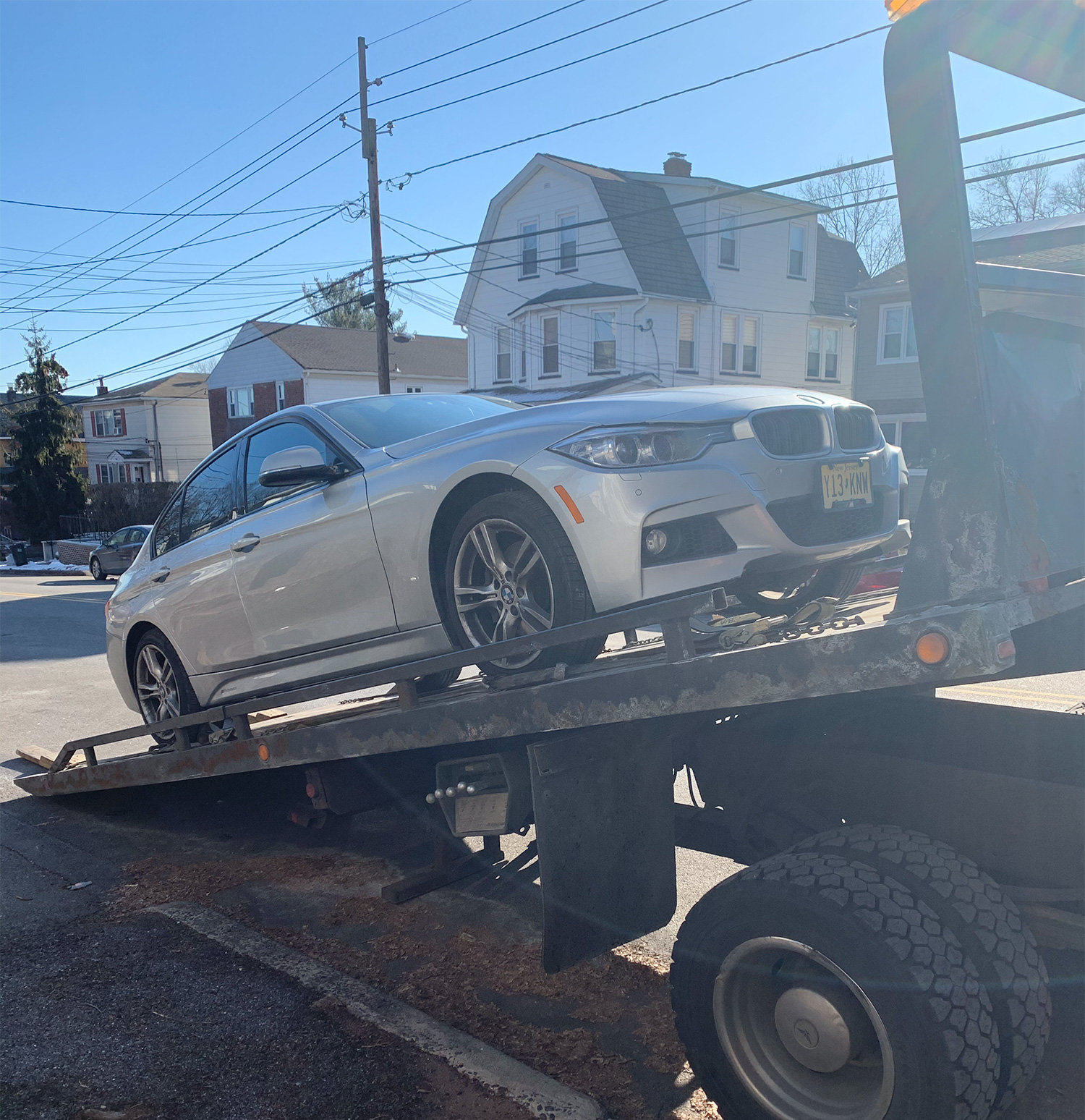

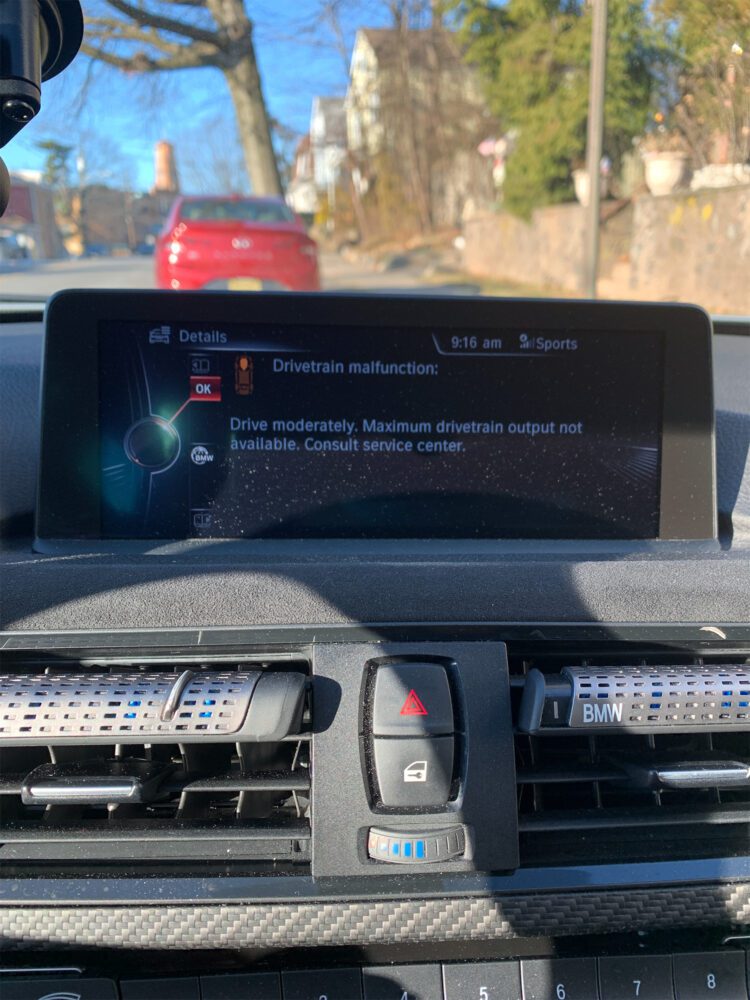

But let’s zoom out for a minute. Twenty years ago, a BMW had much more technology inside than say, a Nissan. Now? Both have turbo engines. Differentials. Navigation computers. LED headlights. The gap in equipment between the luxury brands and more mainstream ones has closed.
Are you really saving that much by NOT driving a BMW? Parts for other cars are almost as expensive.
Dad talk about BMW reliability.
Like picking romantic partners, it’s wise to wait for right and not settle for right now. Take your time in finding the right car if you can. Will you be happy in a new Golf GTI for the same price as a used F30? Only you can answer that.
Remember, long after the lust of a new car has faded, you’ll be left with the monthly payments. Whether those payments are a little or a lot, it’s you who must live with the lump of metal attached to them. Be true to what you expect in a car, and the joy you want to extract out of it.
I promise, I’ve never heard anyone say ‘I wish I never got this stupid BMW”. Good luck!
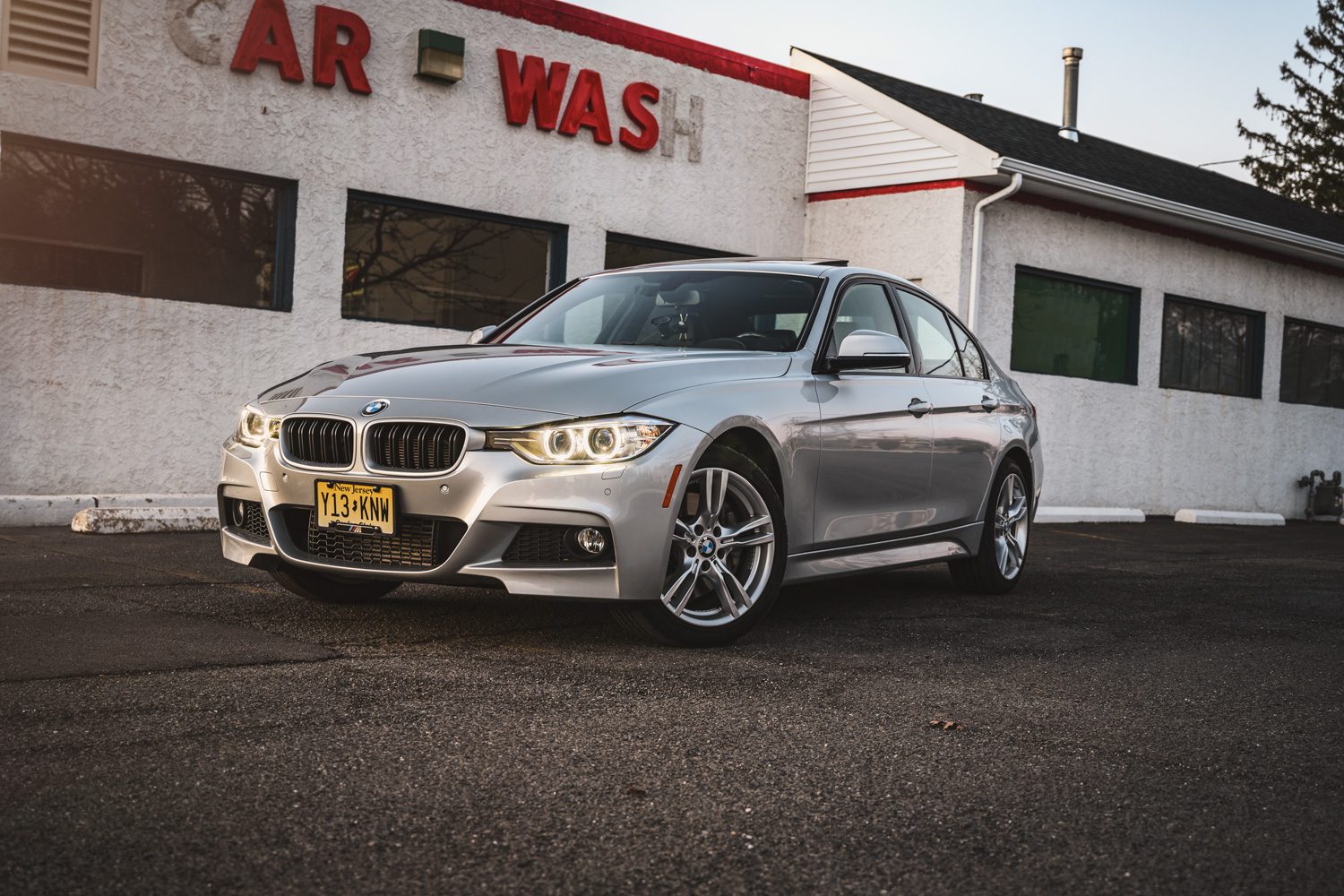

Commissions may be received for product links on this site. Help out if you can.
I use Nikon camera bodies and lenses, a Westcott Ice Light 2, Manfrotto tripod, B + W filters and an iMac Pro to make the art you see here.
Email me at mike@machineswithsouls.com with any questions. Follow along on Instagram @machineswithsouls




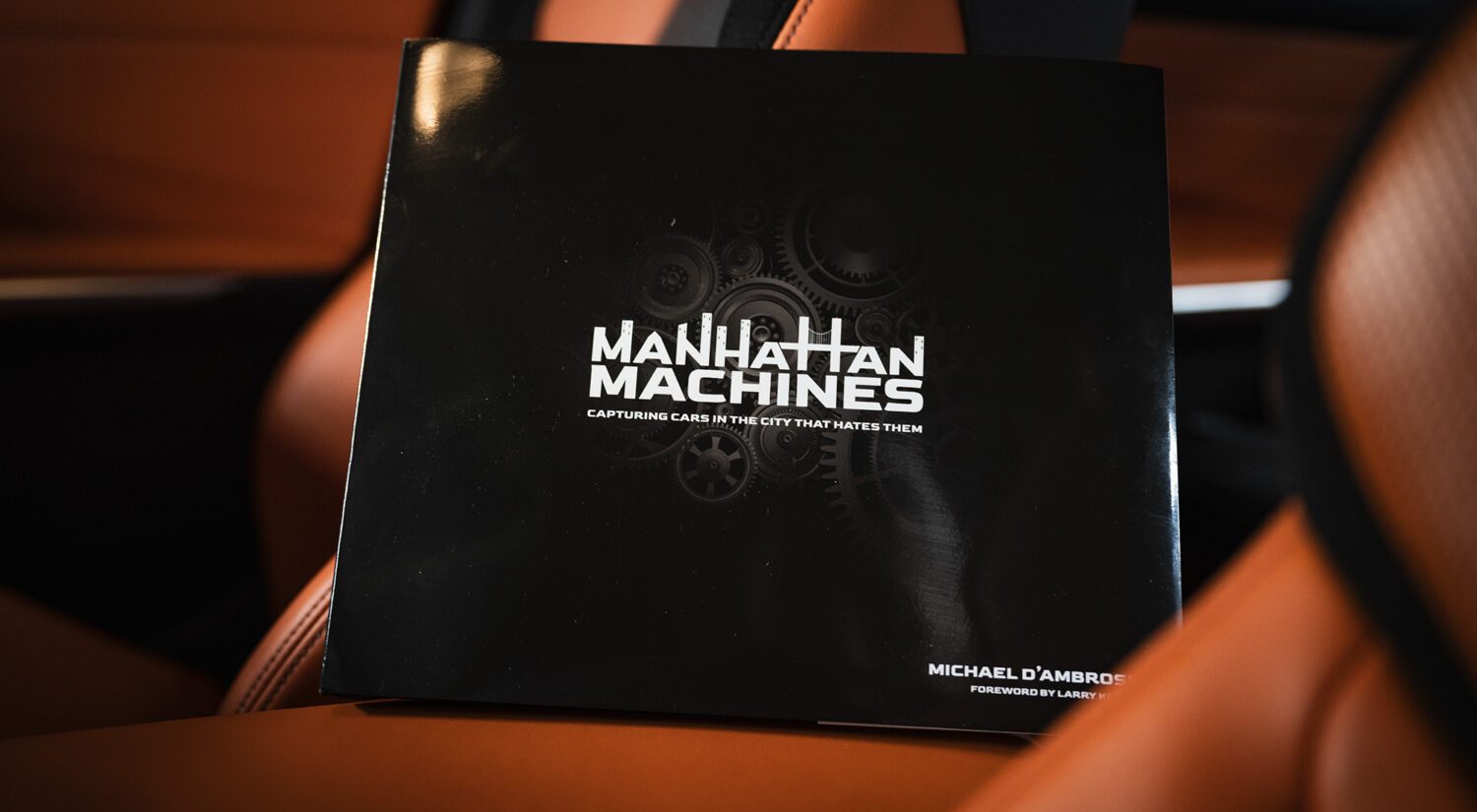


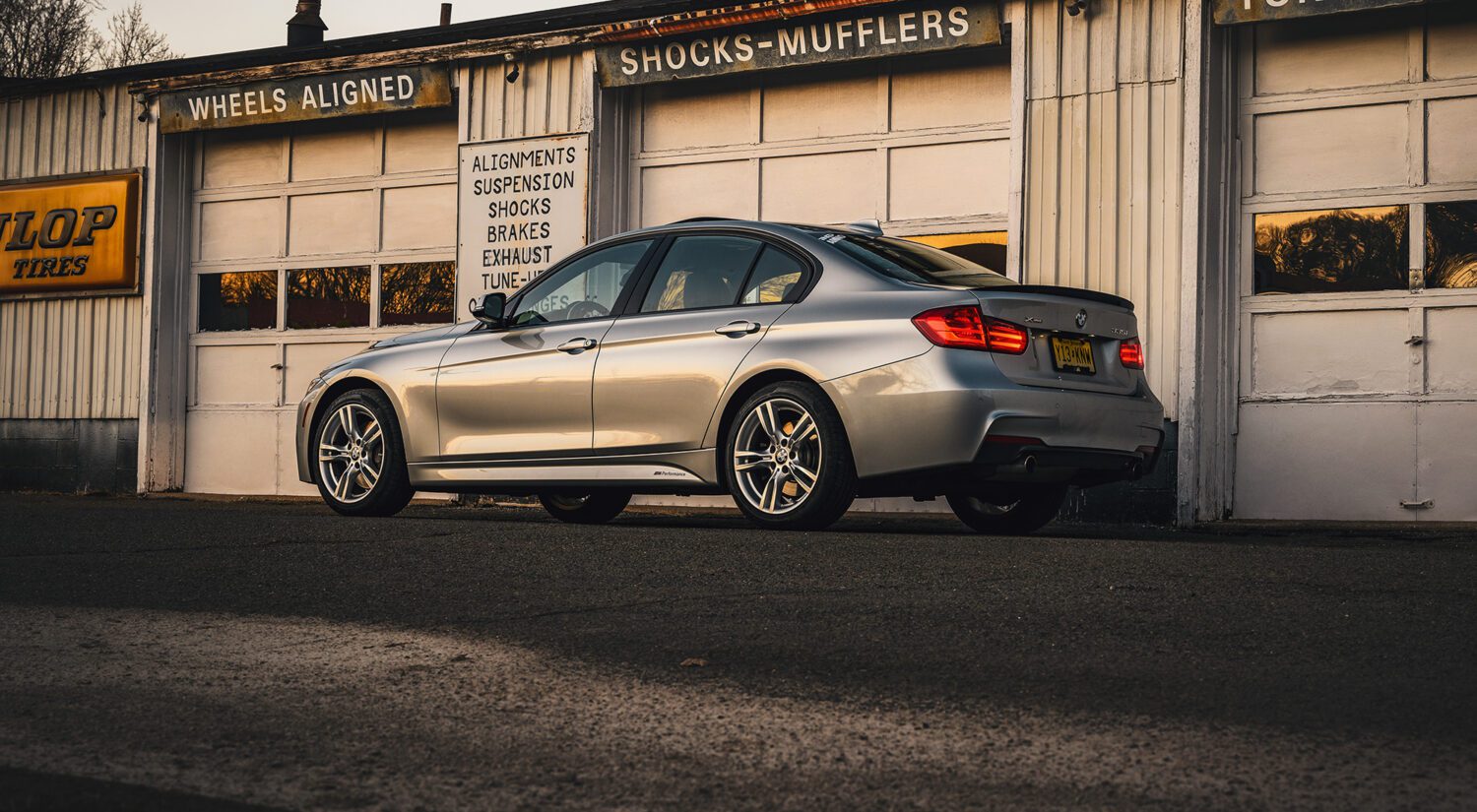


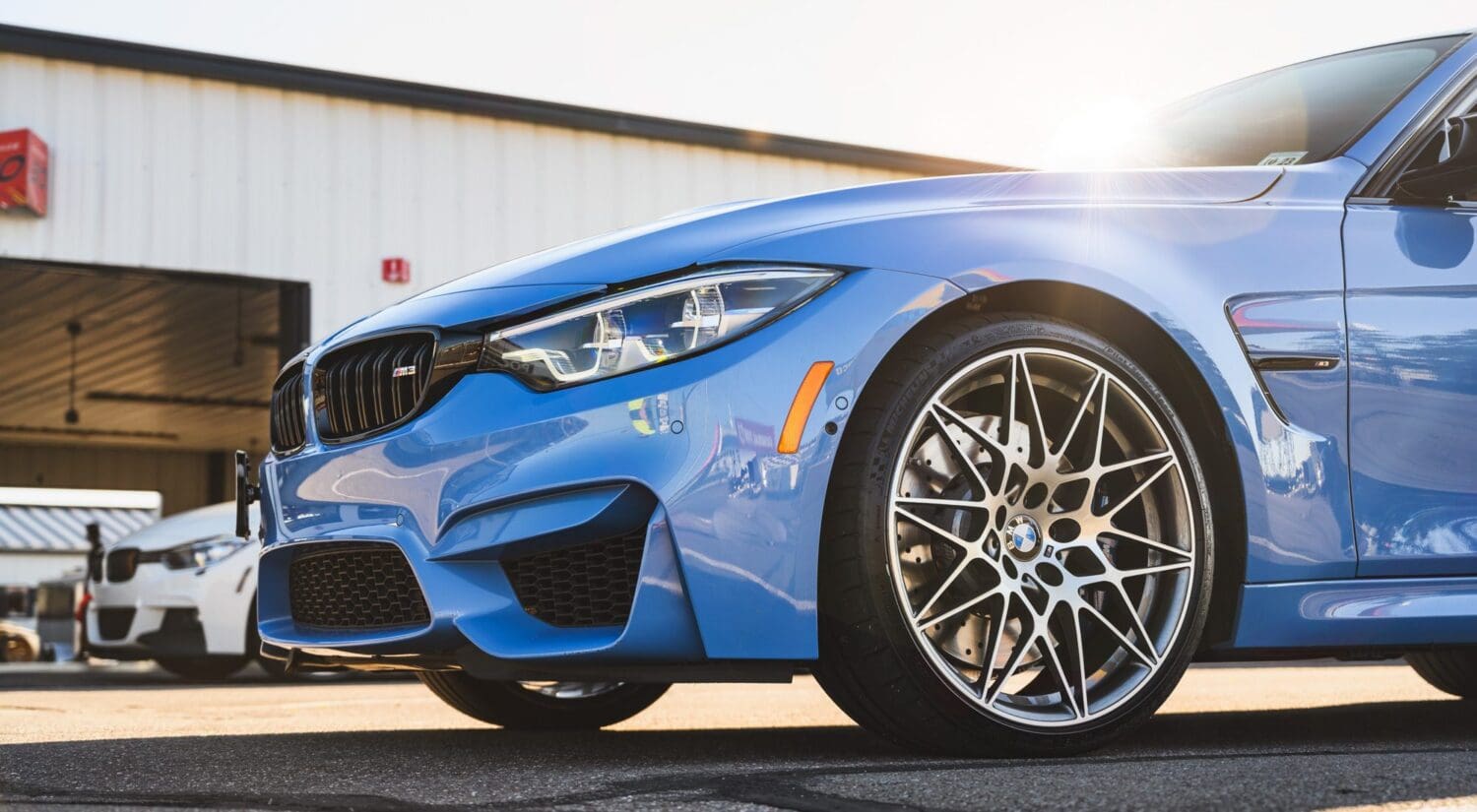

2 thoughts on “Friday Mailbag: Is BMW reliability still bad?”